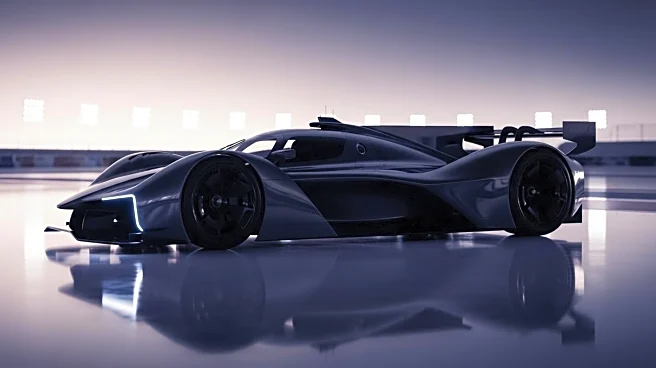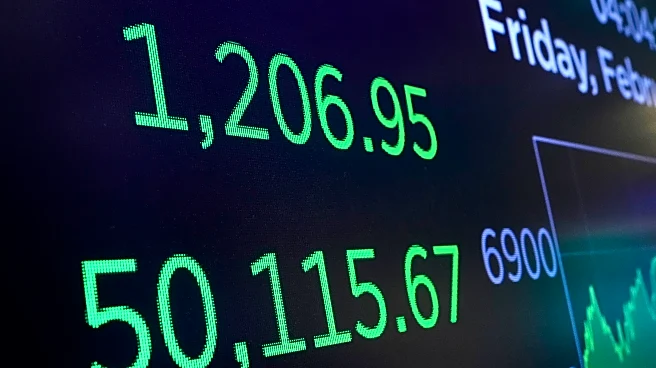What's Happening?
Max Verstappen's manager, Raymond Vermeulen, has issued a warning to Red Bull regarding the performance of their 2026 car. This comes after Verstappen's recent victory at the Azerbaijan Grand Prix, which marked his successive wins following the Formula 1 summer break. Vermeulen emphasized that Red Bull's ability to provide competitive equipment will be crucial in determining whether Verstappen remains with the team beyond next season. The upcoming 2026 season will introduce major regulation changes, including new engines and chassis designs, potentially altering the competitive landscape. Verstappen has committed to staying with Red Bull for the next year, but his future beyond that remains uncertain as he evaluates his best options for winning more titles.
Why It's Important?
The warning from Verstappen's manager highlights the critical role that car performance plays in a driver's decision to stay with a team. As Formula 1 approaches significant regulation changes in 2026, teams like Red Bull must ensure their cars remain competitive to retain top drivers like Verstappen. This situation underscores the intense competition among teams such as Mercedes, Ferrari, and Aston Martin, all vying for dominance in the new regulatory era. The outcome of these changes could significantly impact the balance of power in Formula 1, affecting team strategies, sponsorships, and fan engagement.
What's Next?
As the 2026 season approaches, Red Bull will need to focus on developing a car that meets the new regulations while maintaining competitive performance. The team must also consider strategic hires and technological advancements to ensure they remain at the forefront of the sport. Verstappen's decision to stay with Red Bull beyond next season will likely depend on these developments. Meanwhile, other teams will be closely monitoring Red Bull's progress, potentially adjusting their own strategies to capitalize on any weaknesses.
Beyond the Headlines
The impending regulation changes in Formula 1 could lead to a reshuffling of team hierarchies, with potential ethical and cultural implications. Teams may face increased pressure to innovate while adhering to new standards, which could drive technological advancements in the sport. Additionally, the focus on car performance highlights the ongoing debate about the balance between driver skill and technological superiority in racing.










